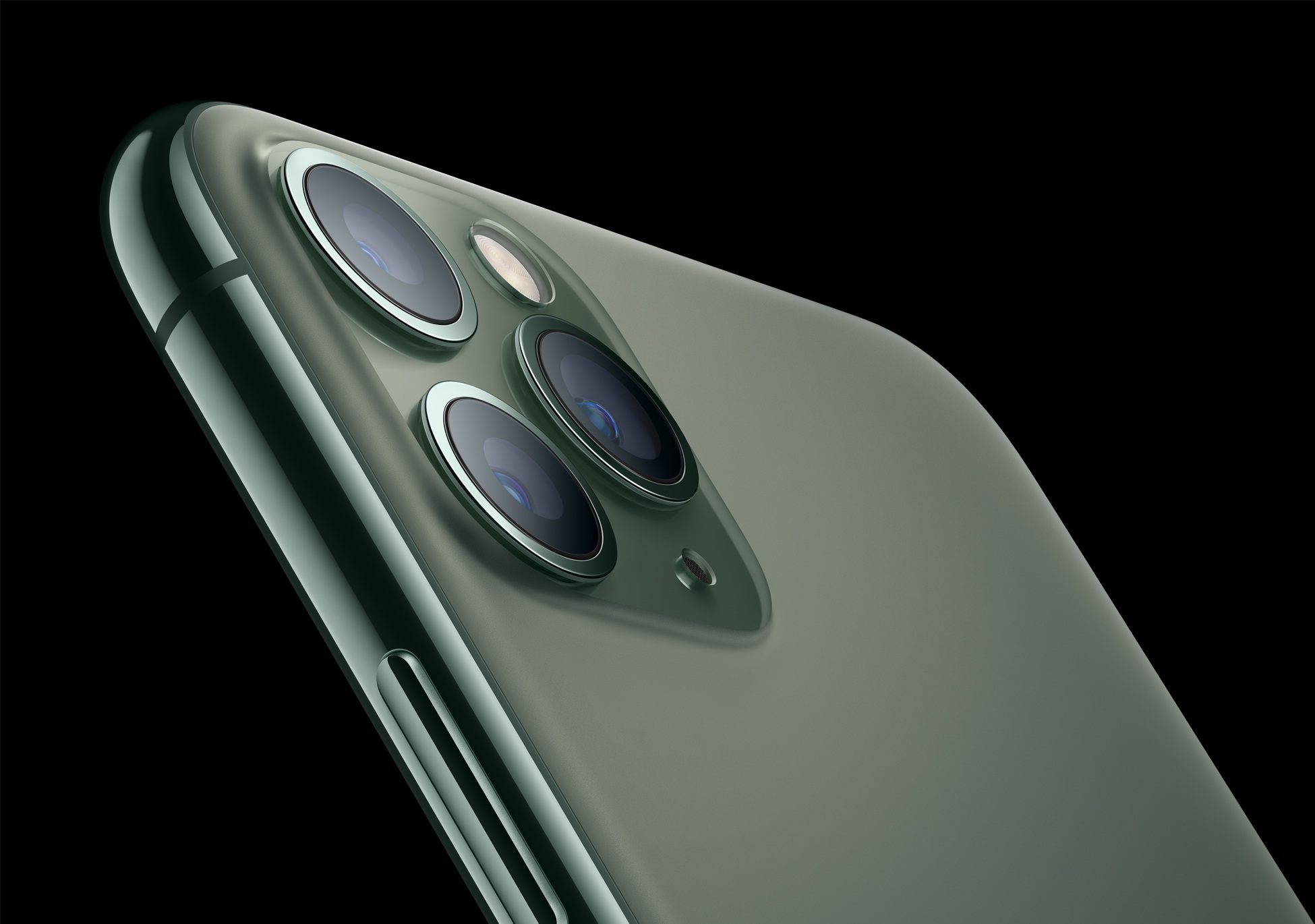The first reviews of the new iPhone 11 and iPhone 11 Pro models have finally arrived – just this much – they keep their promises.
The official sale of the iPhone 11 Pro series starts on September 20th. As usual, Apple distributed the first test devices to selected press representatives around the world. These include The Verge, Wired, New York Times, TechCrunch and many more. Now there are the first statements about the camera, battery life and Face ID. Below you will find a summary of the most important results about the iPhone 11 Pro. As was to be expected, the new triple camera of the iPhone 11 Pro series is being praised to the highest degree - but there are small points of criticism. On the whole, the new triple camera is said to far outperform every other smartphone camera known to date. Some of the media houses would consider this alone as a reason to upgrade. The long battery life also impressed the testers - but the price and the already installed iOS 13 were criticized.
The new night mode is the highlight
The Verge editor Nilay Patel believes that the camera on the iPhone 11 Pro and iPhone 11 Pro Max would outperform Google's Pixel and other Android flagships. Apple seems to have improved the image processing algorithms and the camera sensors "drastic“. However, it would not master all scenarios flawlessly - writes Patel. The new night mode, however, completely convinced him. The media house Wired also praised the camera quality of the iPhone 11 Pro - but at the same time criticized the color accuracy. The night mode is Wired's favorite feature, however, because it is activated automatically and does not require any further action.
The new HDR algorithms also impressed TechCrunch. Matthew Panzarino writes: "Let's get this out of the way right away: The iPhone 11's night mode is great. It works, it compares well with other low-light cameras, and the exposure and color reproduction is best in class.". The common denominator of all previous test reports is apparently the new night mode. The function successfully brightens the photo without changing the image itself in a strange way - for example, the New York Times writes: "The result was that photos taken in low light without flash naturally looked brighter".
Battery life and Face ID
According to Apple, the iPhone 11 Pro and iPhone 11 Pro Max will each offer four and five hours more battery life than their predecessors. The testers also came to the conclusion that the overall battery life is significantly longer compared to the iPhone XS generation. Although the new devices are slightly thicker and heavier, the increase in battery is worth it. Of course, there is also something to be said about Face ID - but opinions differ somewhat here. While some have not felt any difference, others claim to have noticed the revision of facial recognition. Apple says that Face ID in the iPhone 11 can now recognize the user from multiple angles. Facial recognition should also work around 30 percent faster under iOS 13. TechCrunch writes that they have not yet been able to detect any difference from the previous model. USA Today, on the other hand, claims to have noticed a clear difference - both in accuracy and speed.
Conclusion
But iOS 13 was criticized for its lack of maturity - the operating system was said to have made an immature impression - according to The Verge, it was quite unstable during the one-week test phase. The bottom line is that Apple seems to have kept its promise with the iPhone 11 Pro - the improvement in battery performance and camera quality has obviously been successful - while some see the triple camera and longer battery life as reasons to upgrade, others are hesitant in this regard.
If you like to take a lot of photos with your iPhone, you can go for one of the two new iPhone 11 Pro models without any worries - that's the conclusion. The iPhone 11 Pro can be purchased from 1,149 euros, while the iPhone 11 Pro Max is available from 1,249 euros. Here you can find the first test reports about the iPhone 11. AirPods 2 with wireless charging case on offer at Amazon (Image: Apple)




